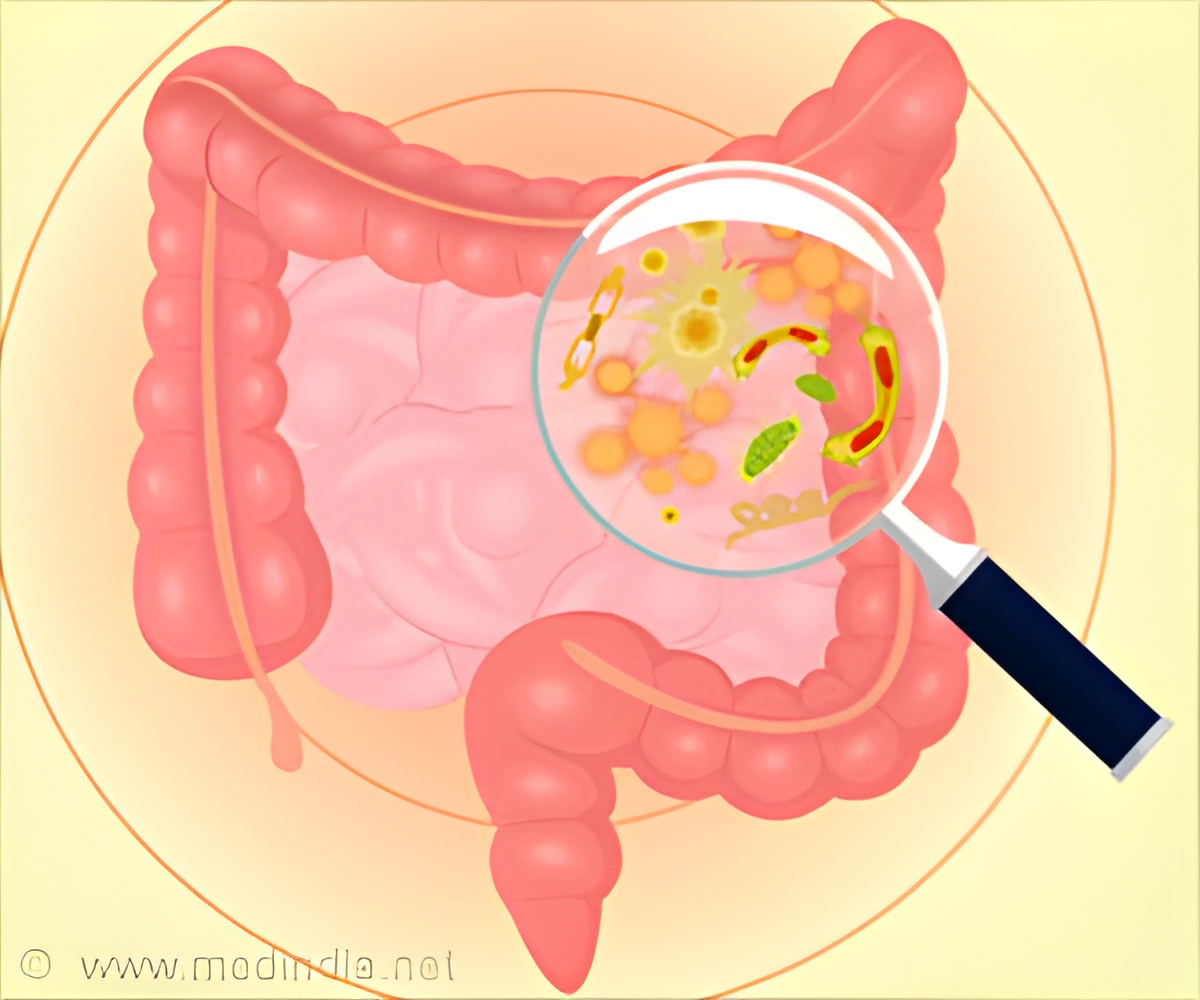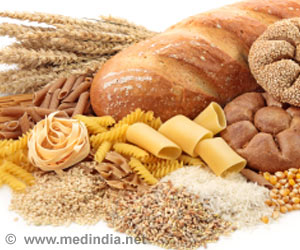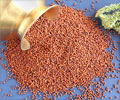
‘Teff grain significantly helps the stomach microbiome and enhances iron and zinc's nutritional value.’
Tweet it Now
Relatively new to the United States, teff has long been a superfood in East African, specifically Ethiopia, as a staple food crop high in fiber.Cornell University food researchers, led by Elad Tako, associate professor of food science, now prove this grain significantly helps the stomach and enhances iron and zinc's nutritional value.
Teff was examined in Cornell food science labs to understand how its seed extracts would influence the gastrointestinal (GI) tract and other living organisms' systems by utilizing a unique in vivo approach.
"The grain teff is greatly valuable," stated the study author. "For the first time, we can link teff seed consumption with positive effects on the intestinal microbiome composition and function, potentially demonstrating why the prevalence of dietary iron and zinc deficiencies in Ethiopia, although still significant, is lower in comparison to other nearby African nations."
Tako and his research group conducted experiments while developing and using fertile eggs from the standard domesticated chicken (Gallus gallus).
Advertisement
"By using this unique in vivo model and study approach, we are able to test how teff grain extract or solution affects the gastrointestinal tract, but also other systems or other tissues," Tako stated. "We can confirm positive impacts on the intestinal microbiome and duodenal (small intestine) functionality and tissue morphology."
Advertisement
Source-Medindia












